Bioengineering, Free Full-Text
$ 21.50 · 4.6 (226) · In stock
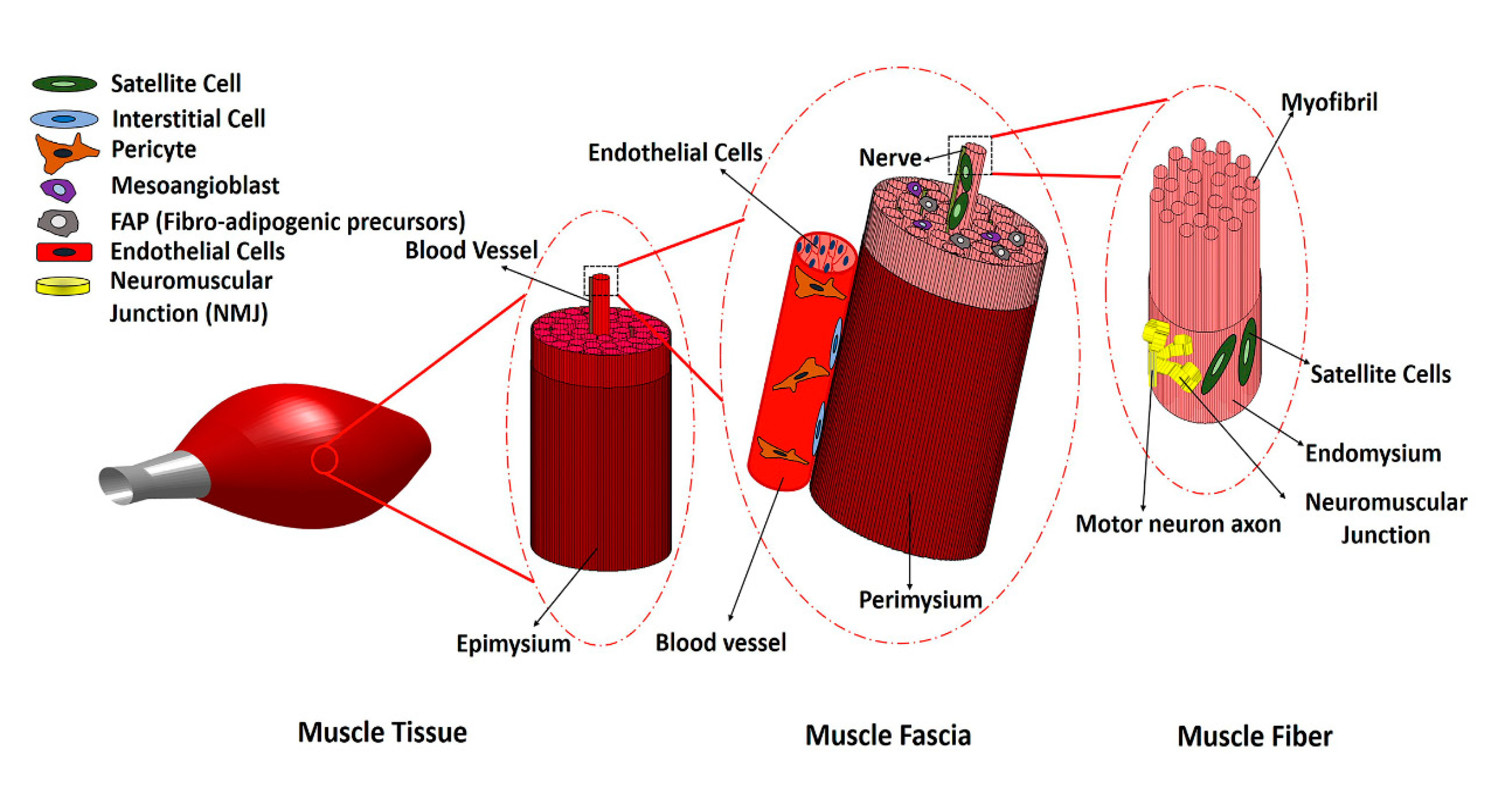
Extensive damage to skeletal muscle tissue due to volumetric muscle loss (VML) is beyond the inherent regenerative capacity of the body, and results in permanent functional debilitation. Current clinical treatments fail to fully restore native muscle function. Recently, cell-based therapies have emerged as a promising approach to promote skeletal muscle regeneration following injury and/or disease. Stem cell populations, such as muscle stem cells, mesenchymal stem cells and induced pluripotent stem cells (iPSCs), have shown a promising capacity for muscle differentiation. Support cells, such as endothelial cells, nerve cells or immune cells, play a pivotal role in providing paracrine signaling cues for myogenesis, along with modulating the processes of inflammation, angiogenesis and innervation. The efficacy of cell therapies relies on the provision of instructive microenvironmental cues and appropriate intercellular interactions. This review describes the recent developments of cell-based therapies for the treatment of VML, with a focus on preclinical testing and future trends in the field.
![]()
Bioengineering, Free Full-Text, o que significa cgc/mf

1+ Biomedical Engineer Cover Letter Examples (with In-Depth Guidance)
Yusuf Ozgur Cakmak posted on LinkedIn
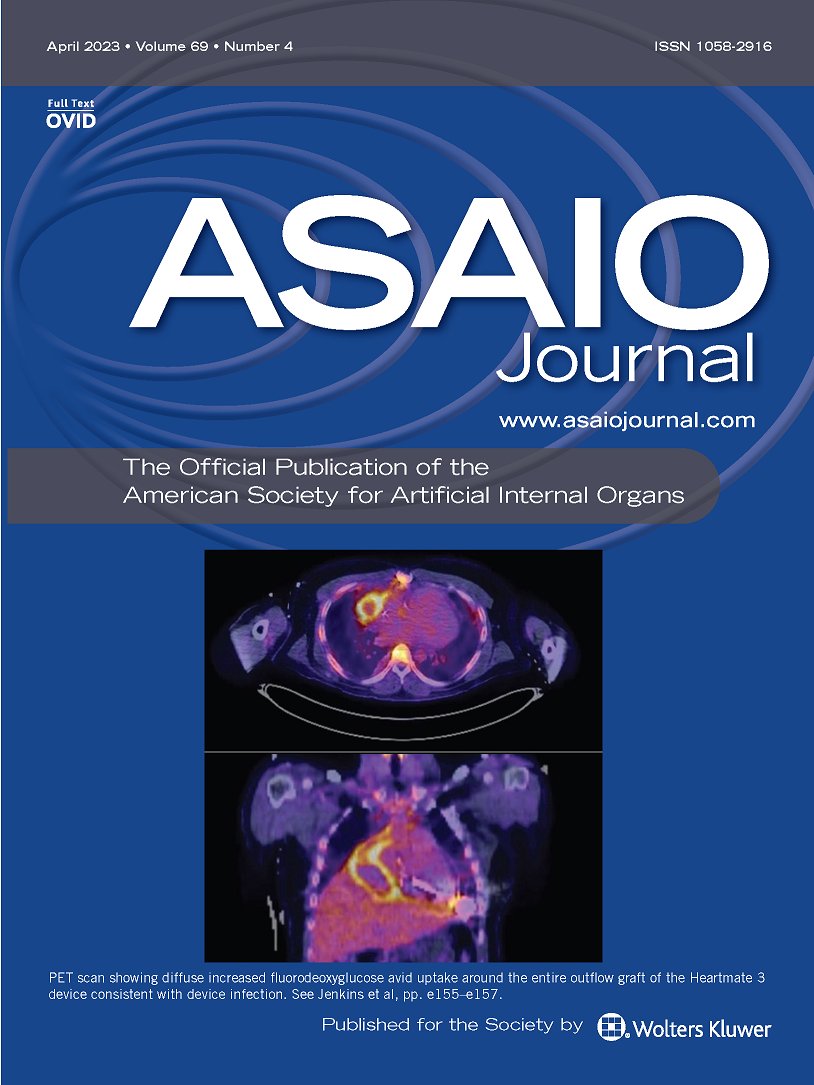
Bioengineering, Free Full-Text, cross check in a sentence
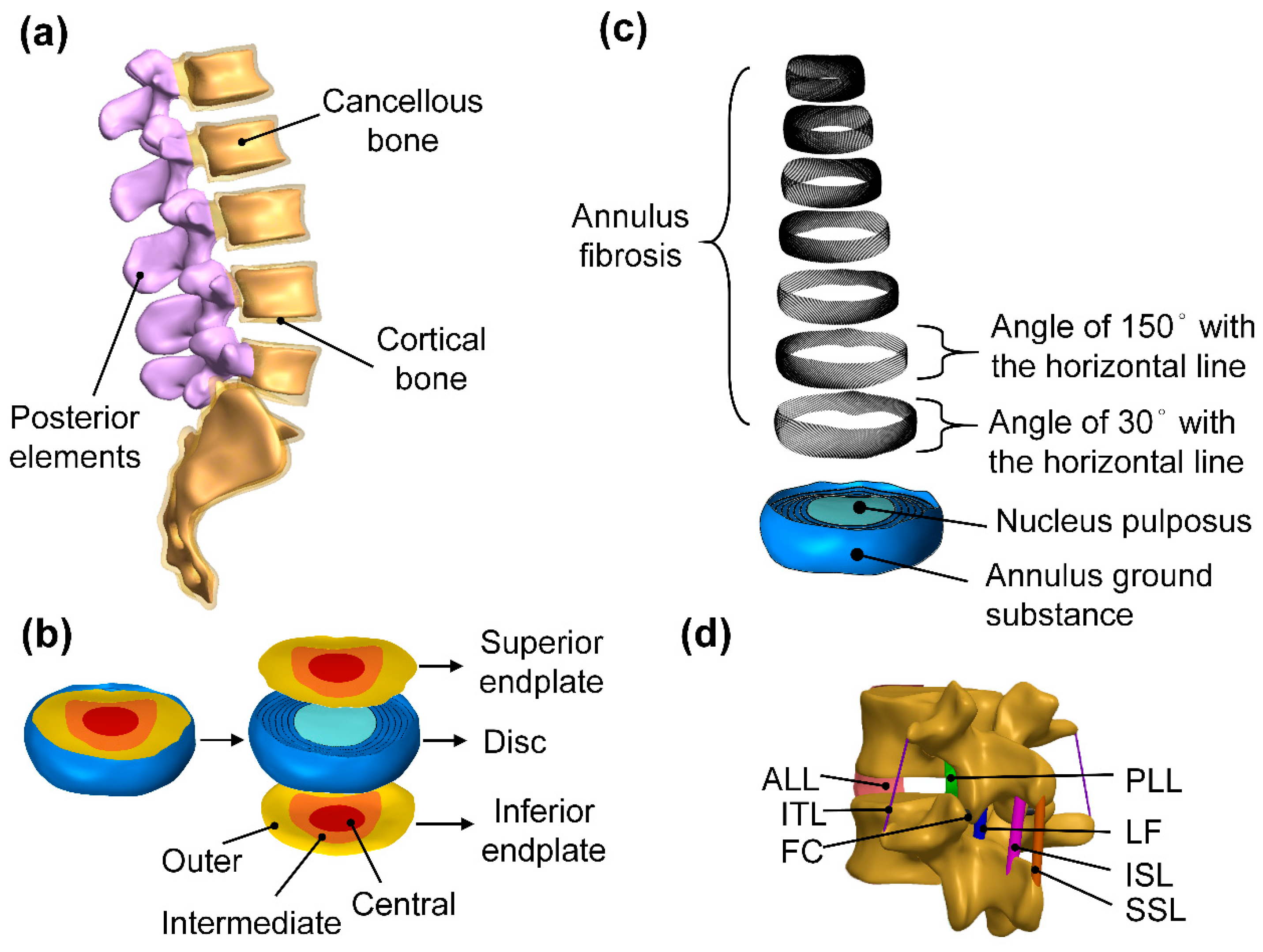
Bioengineering, Free Full-Text
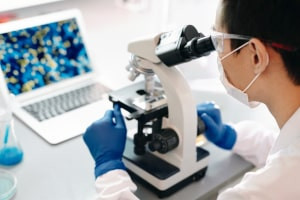
Bioengineering and Biotechnology, Free Online Course
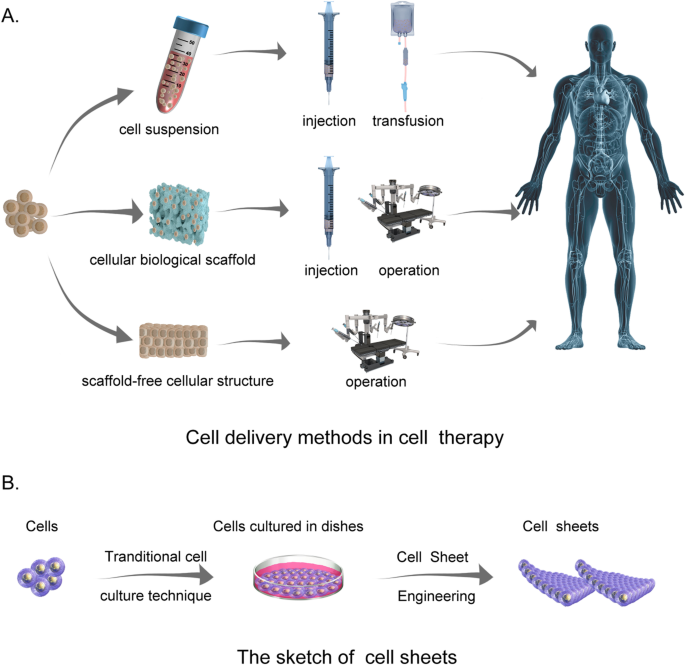
The Preclinical And Clinical Progress Of Cell Sheet, 41% OFF
BioEng Edinburgh
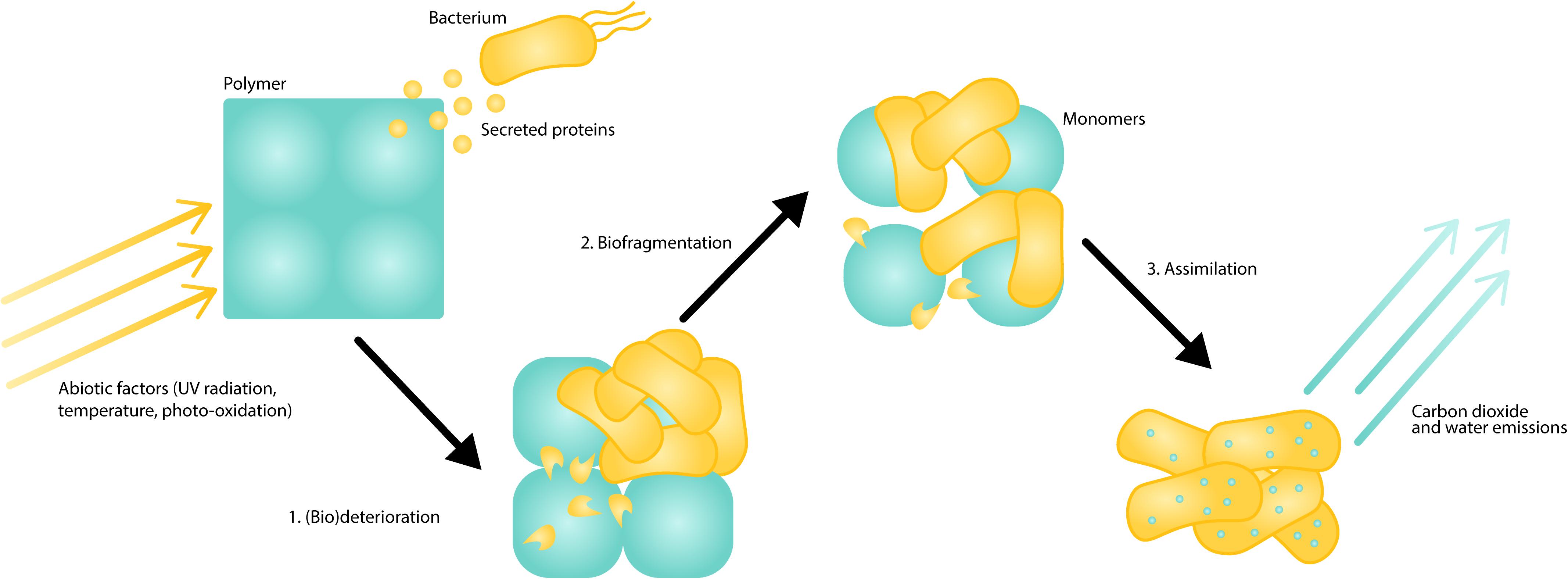
Frontiers Bioengineering a Future Free of Marine Plastic Waste

